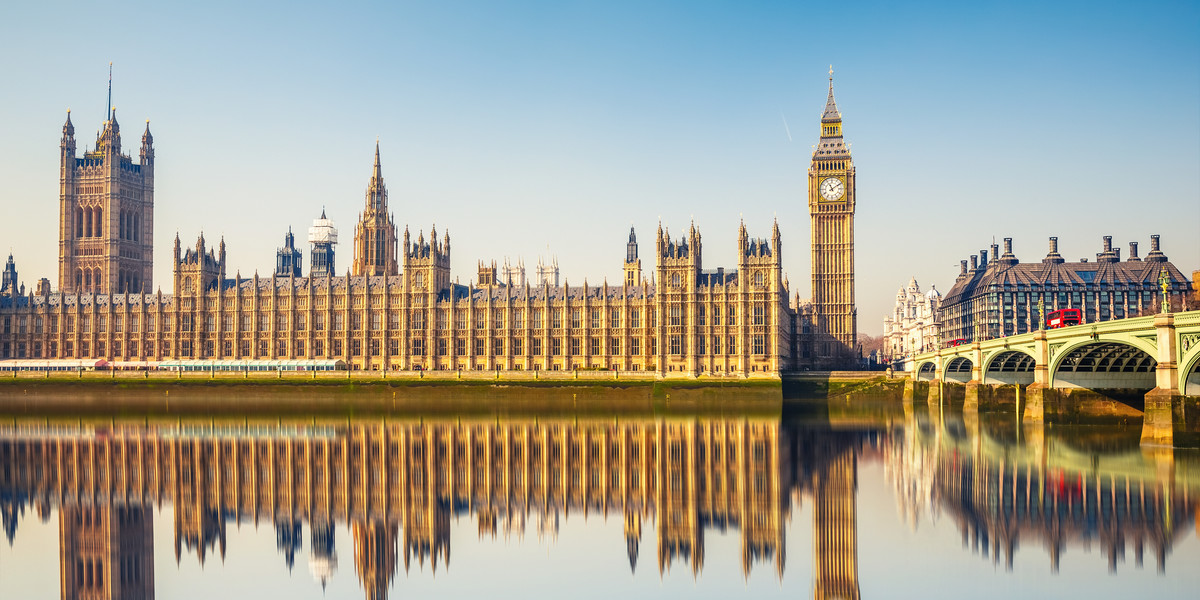From taxes on dividends to the forthcoming national insurance hike, today’s SMEs are seemingly hit by a never-ending onslaught of taxes which could leave them at a significant disadvantage. Here are some expert suggestions on how to remedy this…
If the past two years of furloughing, the supply chain crisis, hiring pressures during the ‘Great Resignation’, transitioning to Brexit, the sharpest rise in inflation in 30 years, the costs of overseeing a digital transformation, a fourfold increase in energy bills plus business models being torn asunder due to the pandemic haven’t been hard enough on the UK’s 5.5m small-and-medium-sized businesses (SMEs), forthcoming changes to the tax system aren’t going to make things any easier.
Over the next few months and years, a national insurance hike, a 1.25% surcharge on dividend income, proposed changes to corporation tax – not to mention the ongoing confusion of Making Tax Digital – are all set to deliver a financial blow to many small businesses at a time when cash flow issues are more acute than in previous years. These changes have been attacked by organisations such as the British Chamber of Commerce and the Institute of Directors, who said the national insurance increase and new tax on dividends (which the government plans to use to boost health and social care spending) was “exploiting public sentiment at the expense of some of the most productive and entrepreneurial segments of the economy”.
The Association of Accounting Technicians (AAT) has recently published a Time for Change report wherein a range of experts from across the political spectrum have outlined a series of strategic ideas that could make the UK tax system fairer. Many of their proposals would have clear benefits for SMEs. From scrapping business rates to pegging corporation tax at 15%, here they are…
1. Scrap unfair business rates
The problem: Business rates are no longer relevant or fair in an era of online trading and homeworking. They were introduced way back in 1572 as a tax on physical property. Many physical high-street retailers have struggled to stay afloat in the pandemic, while e-commerce giants – which don’t need valuable high street space – have coined it in.
Business rates can also unfairly penalise companies when they invest in their businesses in a way that raises the worth of their premises – including installing equipment. Not exactly the way to encourage firms to grow.
The solution: Replacing business rates with a commercial landowner levy (CLL) could be a game-changer. The CLL would be measured by the value of the land – not the value of the building – and landlords, not the tenants, would pay for it. This would be good news for the 61% of SMEs in England who currently pay business rates despite not owning their premises.
Over 500,000 SMEs who currently pay rent will no longer need to pay business rates (or the CLL either). The Liberal Democrats who are behind the idea believe this would help revive town centres and the high street at time when nearly 50 shops are closing every day.
A CLL may also boost the manufacturing sector too. Business rates today often use machinery and equipment in their calculations. By discontinuing the rates, the Liberal Democrats estimate that average tax bills for manufacturing premises will drop by 22%. “Scrapping business rates would encourage manufacturers to invest in the UK, in turn increasing productivity and wages,” writes Sarah Olney MP, Liberal Democrat Spokesperson for Business, Energy & Industrial Strategy (BEIS).
In his spring statement, chancellor Rishi Sunak announced business rates will be reassessed in 2023. Until then businesses working in retail, leisure and hospitality will receive a 50% business rates discount capped at £110,000 per company.
2. Cut Corporation Tax for businesses
The problem: The headline rate of corporation tax (paid by companies whose profits are over £250,000) will rise from 19% to 25%, in April 2023.
There are fears this could make businesses less competitive, causing companies to move or expand abroad, or shifting transactions to lower tax locations.
The solution: Conservative MP Sir John Redwood suggests the UK pegs its corporation rate to 15%, which is the new global minimum agreed by 136 countries as part of the OECD’s landmark deal last year. “In a medium size economy open to the world, we cannot afford higher rates than the world average,” says Redwood. One example is Ireland, which has a corporate tax rate of 12.5% until it complies with the OECD’s new minimum, “collects much more revenue from big business relative to national income”.
3. Green and social issues
The problem: Big business behaving unethically and ignoring green issues. Just 20 companies are responsible for a third of all carbon emissions, according to Climate Accountability. Yet, many multinationals shelter their profits in tax havens such as Bermuda and the Cayman Islands, depriving domestic governments of tax revenues that could be ploughed into SME investment, tackling the climate crisis or funding social care.
The solution: Let’s reward companies that behave ethically. The idea is called Social Offsetting and comes from Tom Burgess, chair at Taxpayers Against Poverty.
“Social offsetting would use financial incentives to encourage socially responsible business behaviour,” he says. “Those companies that take these incentives would quickly be seen as good employers and have an easier time not just in attracting customers but in attracting the best employees.”
In the Time for Change report, Burgess argues tax breaks could be awarded to those firms that:
- Pay a living wage to its workers
- Sensible executive pay.
- Have profit-sharing programmes
- Offer adequate training and flexible hours
- Use renewable energy
- Don’t avoid tax by shifting profits overseas








